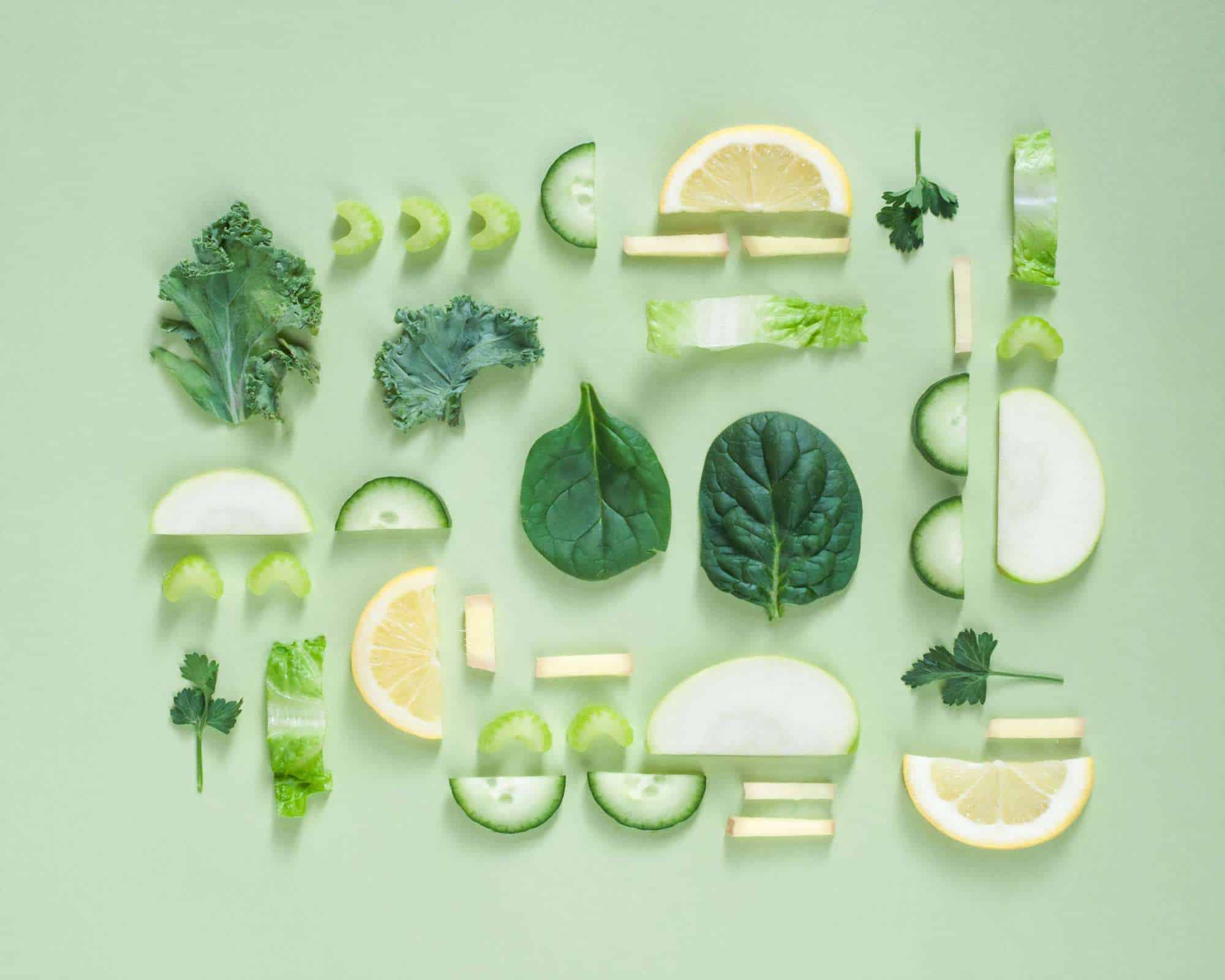Addiction treatment centers around the idea of recovery – both in a physical and mental sense. Patients are given the necessary resources and tools to counteract the long-term effects of substance use and are encouraged to continue using these resources and tools in the future to try and deal with cravings, cope with stressors, and avoid relapses. Nutritional healing plays an important role in this process because many teens suffering from addiction tend to neglect their physical needs while high or withdrawn. Good food also helps provide an important foundation for other treatments, alongside social support, regular exercise, and healthy coping mechanisms.
The Role of Nutritional Healing During Recovery
Addiction recovery is always about more than sitting in a circle and talking. Group therapy is one of many modalities used to prepare teens for drug-free living in the real world by helping them empathize with others, learn from their experiences, mistakes, and breakthroughs, and learn how certain lessons taught during recovery might be applied in practice throughout the recovery journey.
But drug recovery needs a strong foundation to work. Teens aren’t pulled out of their drug habit and stuck right into a seminar about avoid maladaptive coping mechanisms and recognizing the signs of a substance use disorder. Regular drug use, particularly over months and years, takes a huge toll on the body.
Its effects are especially pronounced in teens, no matter what drug is being taken. This is because teens are younger, still growing, and more susceptible to the long-term effects of continued substance abuse. Reversing that damage – and helping teens learn to deal with their cravings – requires addressing many of the fundamental ways in which drugs can change a person’s body and mind.
People consider detox to be the first step towards recovering physically from addiction. Yet, the body needs much more time to really recover. Therefore, a solid nutritional healing plan is central to helping teens reconstitute themselves over the course of their treatment and continue to bring the benefits of a balanced diet into their long-term recovery journey.
Nutritional healing plans help address deficiencies that can contribute to the physical effects and mental health consequences of substance abuse, help improve and stabilize mood in the long-term, and provide an outlet for teens to learn self-sufficiency, learn new skills, and even apply therapeutic concepts such as mindfulness through the step-by-step cooking process of a healthy meal.
How Substance Use Disorder Can Affect Eating Habits
Nutrition doesn’t just play a role in recovery – the addiction itself plays a role in developing poor eating habits. So reinforcing a better diet can be an important step towards breaking those habits and their association with drug use. Addictive drugs affect the brain by manipulating the neurotransmitters our body relies on for communication and coordination, particularly ones like dopamine, which are heavily associated with reinforced behaviors and reward-seeking.
Many addictive drugs can also affect the way the body regulates satiety and hunger, increasing or reducing appetite and negatively impacting our body’s natural mechanisms for triggering food intake. This can lead to rapid weight gain or weight loss in teens with substance use issues, particularly for drugs like Adderall or methamphetamine (which can drastically reduce appetite) and marijuana or alcohol (which increase appetite or cause weight gain through excessive calorie consumption).
It is also noted that excessive drug use correlates with poor nutrient absorption and malnutrition. However, drugs alone – or at least, how they affect our appetite – aren’t always to blame. Other factors, including mood and mental health and eating disorders that may have begun before or after drug use.
The Link Between Substance Use and Eating Disorders
Eating disorders are an understudied yet perilous mental health issue, causing more deaths per case than any other set of mental health conditions. Therefore, teaching good nutritional healing habits is crucial when treating a case of substance use disorder rooted or related to the diagnosis of eating disorders, such as:
These are complex mental health conditions that require both medical and psychological attention to treat. Addiction can complicate things further, and a team of specialists is usually needed to develop a patient-specific treatment plan that helps address their patient’s physical and mental needs, help introduce healthier eating and behavioral habits, and ensure the development of a strong support network around the patient to build on their long-term health.
Even so, nutrition is often just one part of a much bigger treatment plan. In such cases, nutritional healing advice takes time to introduce and internalize. Thus, overwhelming a teen patient with food advice can be counterproductive, especially when they are mentally susceptible to taking certain guidelines too far or misinterpreting flexible dietary suggestions as hardline rules.
What Constitutes Proper Nutrition?
One of the hardest things about introducing and teaching teens good nutritional healing habits is that everybody has different needs when it comes to food. In addition, there are genetic differences in how we process and react to certain foods. So, while it is helpful to understand concepts such as calories in and calories out for healthy weight management, there is much more to having a complete understanding of good nutrition.
In general, teens will be given healthy, balanced meals to help them recover strength, both physically and mentally, throughout the treatment process. In addition, many recovery programs will also cover nutrition to help give teens an idea of the importance of food in their overall well-being. Most nutritional lessons won’t focus on the pros and cons of a vegan diet versus a paleo diet or whether you should go low-carb to lose weight.
Instead, some of the basics in helping teens achieve good nutritional healing habits throughout and after recovery include consistent mealtimes, learning to choose healthier ingredients, cooking basics, and even cooking healthy on a budget. Most teens aren’t financially independent and will likely rely on their parents or siblings to help put food on the table – so, sometimes, it’s important to involve the family in nutritional healing lessons.
This can mean prioritizing filling foods (high in protein or fiber) and nutrition-dense foods (so-called “superfoods,” which provide a variety of minerals and vitamins per portion), cutting down on snacking, substituting high-calorie snack options for cheap and healthy alternatives, learning about (and internalizing) healthy portion sizes, and more.
Teens with special nutritional healing needs might need to work with a nutritionist to figure out what foods to avoid for better overall health and incorporate nutritious alternatives that don’t break the bank. After all, we are what we eat – and good nutritional habits are a cornerstone of physical and mental health during addiction recovery.







